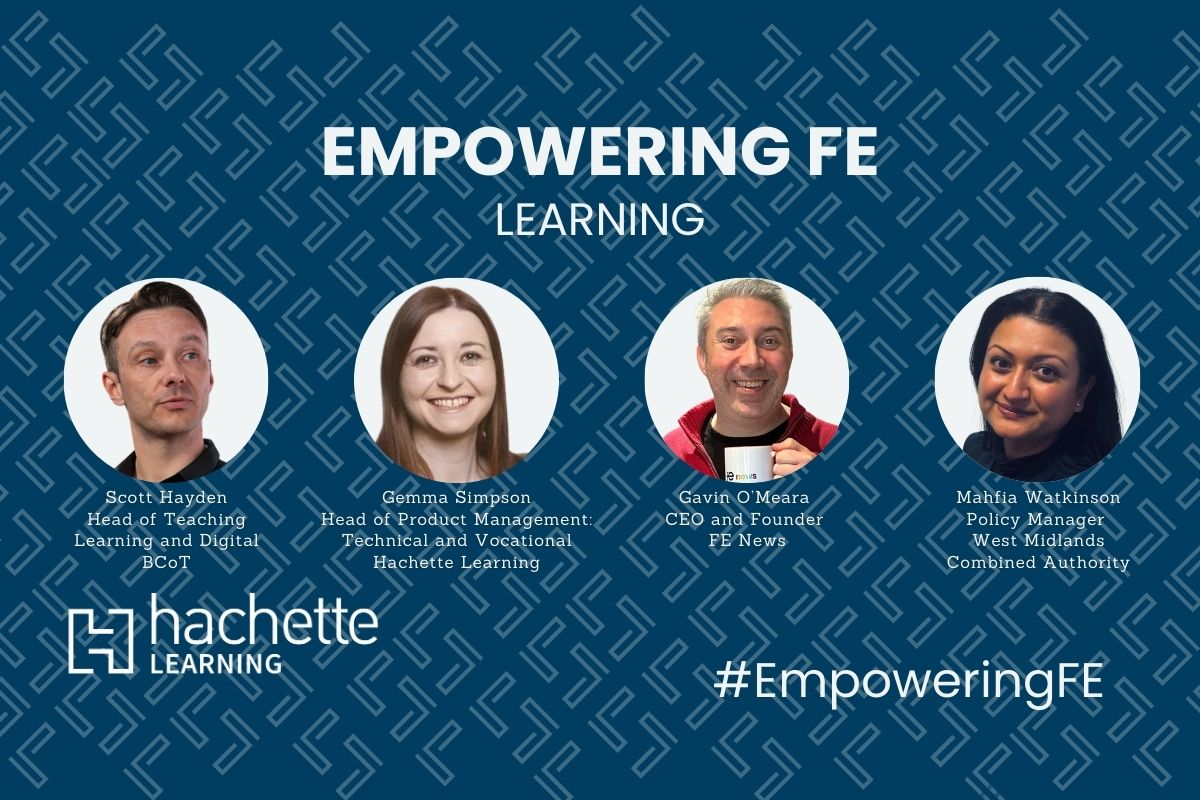Research finds new GCSEs in English and English Literature Counter-productive

Study on reading in schools challenges new English exams
Research from the University of East Anglia (UEA) suggests that approaches to reading linked to new GCSEs in English and English Literature may be counter-productive and put young people off reading.
The findings come as thousands of pupils receive their GCSE results today. They include the first for reformed English language and English Literature GCSEs, where coursework has been abolished and assessment is through 100 per cent ‘closed book’ examination.
Dr John Gordon, of UEA’s School of Education and Lifelong Learning, has been conducting research into shared reading of novels in primary and secondary schools, universities and reading groups for a project entitled Literature’s Lasting Impression.
A survey of 165 people and interviews with members of the public, current students and teachers about their experiences found that reading literature for the purpose of exams was very different from reading for pleasure.
For some, it put them off reading books they came to enjoy later in life, while analysis of a novel distracted them from engaging with the story and its characters. Dr Gordon says that where one novel selected for the exam is read by everyone in the class, the lack of choice for students could limit their enthusiasm for the text. The focus now of studying ‘literary features’ could be also off-putting and confusing, so that novels are not enjoyed for their own sake
Under the GCSE reforms, students are not allowed to take the novels or plays they have studied into exams, and there is greater emphasis on their ability to remember details of their study texts and to recall key quotations. A new number-based system will also see GCSEs graded 9-1, with 9 being the top grade, instead of the traditional A*-U.
Dr Gordon, a senior lecturer in education, said: “This project explored what makes shared reading of novels powerful, including what people remember of reading in school many years after the experience. Reading together in school and for an exam is a different experience to how you read at home, indeed reading a book together in this way is quite an unusual thing to do.
“What came across very strongly in the study was the enthusiasm people felt for reading together around the enjoyment of an excellent novel, recognition of skilled and inspiring teaching bringing novels to life, and the pleasure of the communal discussion.”
Dr Gordon added: “The results suggest there is an important place for reading together for its own sake, aside from reading for the purpose of exams, especially continuing late into secondary school.
“This could be especially important for encouraging lifelong reading for pleasure, potentially with more long-term impact on reading habits than an immediate goal of exam success. There are clearly many enthusiastic readers who do not necessarily enjoy traditional literary analysis, but welcome the experience of sharing and discussing stories together.”
In other strands of the project, which was funded by the British Academy, Dr Gordon has analysed transcripts of English lessons to look at how teachers skilfully guide students’ experience of novels for pleasure at the same time as supporting the sort of analysis required in exams.
This often requires subtle and distinctive storytelling techniques unique to English teaching, which Dr Gordon suggests need more systematic attention in teacher education and professional development.
Dr Gordon will present findings from the Literature’s Lasting Impression project at the British Educational Research Association (BERA) annual conference next month.
 A Department for Education spokesperson said:
A Department for Education spokesperson said:
The government’s new gold-standard qualifications are a culmination of a six year process of curriculum and qualifications reform and we have worked with Ofqual to issue a wide range of resources since 2014 to help raise awareness of the new grading system. We have also been working directly with the CBI and others to communicate this with employers.
We will ensure that engagement continues with businesses to communicate these new gold-standard qualifications.
This is part of our drive to continue raising standards so every child is taught the knowledge and skills they need to succeed in life. Most recently every school and college have been sent a pack with information for teachers, pupils, parents, and employers.
About The School of Education and Lifelong Learning at UEA: One of the UK’s leading centres for research and teaching in professional education and training, it has consistently received endorsement from Ofsted inspectors for the high standard of its Initial Teacher Education courses. Recognised for its work in educational innovation and social change; literacy and development; and mathematics education, 77% of research in the School was rated “world leading” or “internationally excellent” according to the Research Excellence Framework (REF 2014). Additionally, the impact of the School’s research was rated 80% “internationally excellent”.
About The British Academy: The UK’s national body for the humanities and social sciences – the study of peoples, cultures and societies, past, present and future. We have three principal roles: as an independent Fellowship of world-leading scholars and researchers; a Funding Body that supports new research, nationally and internationally; and a Forum for debate and engagement – a voice that champions the humanities and social sciences.










Responses